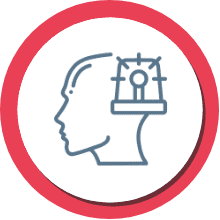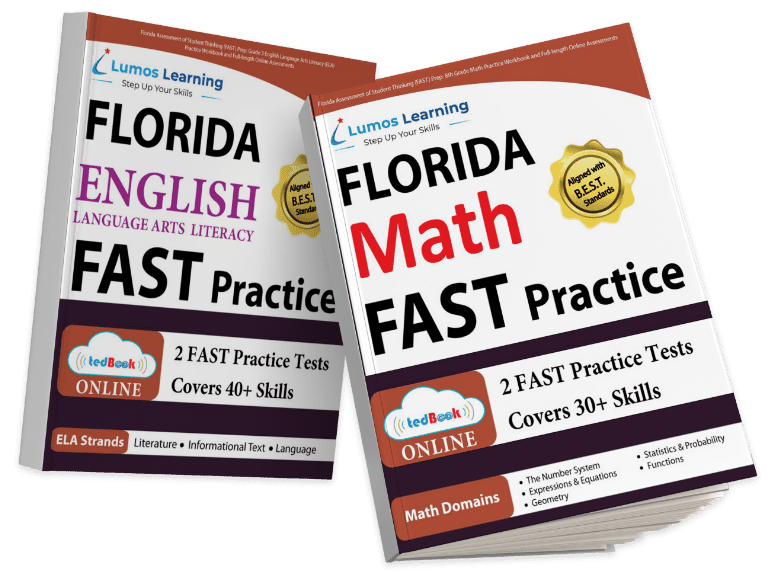

Free Online FAST Practice Test
Assess Florida State Assessment Readiness In 5 Minutes

Identify critical proficiency gaps in Math & ELA Standards

Get instant results with comprehensive feedback

Familiarize students with new item types types for FAST 2023-24

Eliminates test anxiety and boosts student confidence with access to the realistic FAST testing environment
This FAST diagnostic test definitely helped to pinpoint deficiencies so I knew what to review with my child.
Kasia K, ParentThis is an excellent resource to make your kids feel confident with their learning and give them that extra step to succeed.
Donna Sieverson, ParentI get this FAST test to ensure that my students are prepared for their FAST standardized testing.
Renjusree, Educator










 Schools
Schools Parents/Students
Parents/Students Teachers
Teachers

